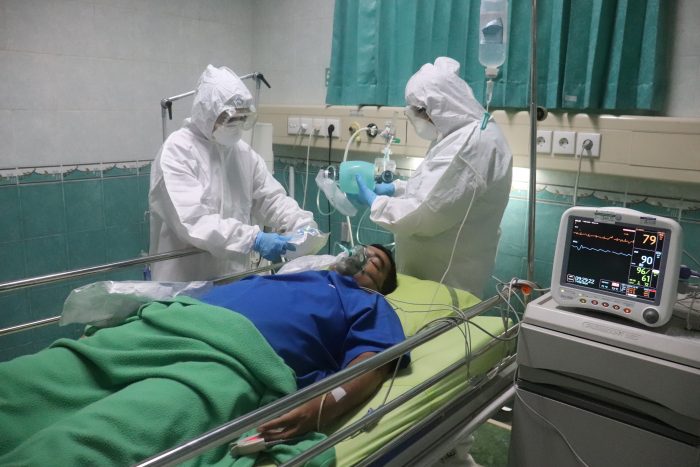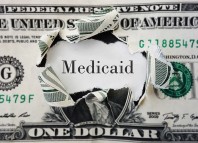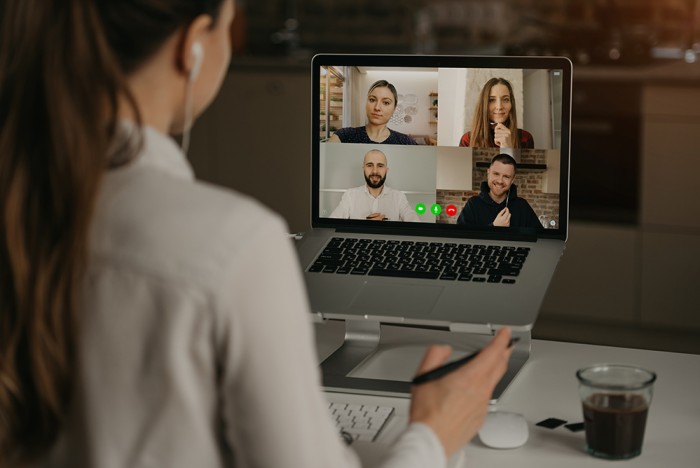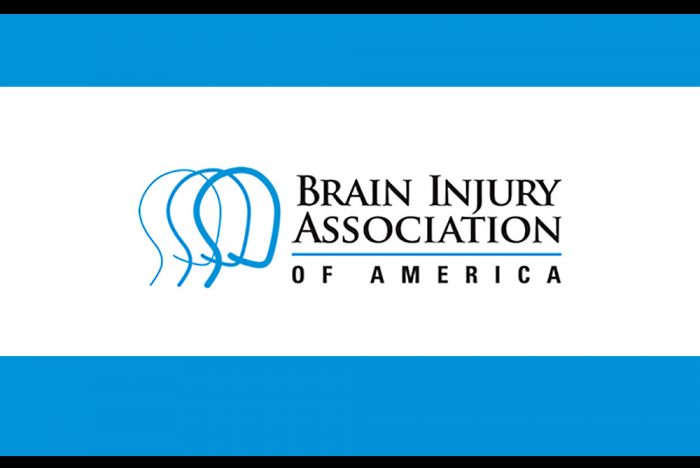The next Managed Long-Term Services and Supports (MLTSS) Subcommittee meeting is planned for Tuesday, May 4, 2021 via webinar from 10:00 am–1:00 pm. To participate in this meeting, registration is required. Following the completion of the registration, a confirmation email will be sent containing information about joining the webinar.
Melissa Dehoff
The Opioid and Acquired Brain Injury Program RFA Posted
Bids are now being accepted for the Acquired Brain Injury (ABI) and Opioid Training Request for Approval (RFA) that was posted today on the state’s eMarketplace website. The description for this RFA reads: Acquired Brain Injury and Opioid Use training for professionals who work with individuals with an ABI or opioid use problem. The duration of the program is January 1, 2022 through June 30, 2024. Bids must be submitted by May 19, 2021.
Save the Date: Medicare Training for Brain Injury Providers
As has been discussed in the RCPA Brain Injury Committee meetings regarding becoming Medicare certified, a full-day training has been scheduled for May 25, 2021 from 9:00 am–3:00 pm. The training will be conducted by Novitas Solutions, Inc., Medicare Administrative Contractor (MAC) for Jurisdiction L, which includes Pennsylvania.
Additional information will be shared, including the agenda, in the very near future. Please mark your calendars!
Proposed FY 2022 IRF PPS Rule Released
The Centers for Medicare and Medicaid Services (CMS) has released the fiscal year (FY) 2022 inpatient rehabilitation facility prospective payment system (IRF PPS) proposed rule, along with a detailed fact sheet. The proposed rule is scheduled to be published in the Federal Register on April 12, 2021.
Some of the key provisions and proposed policy changes include:
- Increase in net payments of 1.8 percent (or $160 million), relative to FY 2021 payments (CMS is also requesting feedback on whether FY 2019 claims data or FY 2020 claims data should be utilized to update payment rates due to the COVID-19 public health emergency).
- Input requested on a number of potential new quality reporting program (QRP) measures.
- Addition of a new IRF QRP measure: COVID-19 Vaccination Coverage Among Healthcare Personnel beginning in FY 2023 under the IRF QRP.
- Revision to the data for public reporting/use on Care Compare to account for the 2020 QRP reporting waivers.
- Outlier Threshold: CMS proposes to update the outlier threshold amount from $7,906 for FY 2021 to $9,192 for FY 2022.
- Requesting information on revising the measure development and standardized patient assessment data elements (SPADEs) collection to “address gaps in health equity in the IRF QRP.”
- Requesting information on future plans to define digital quality measures for the IRF QRP.
RCPA will review and discuss the proposed rule in the upcoming Outpatient Rehabilitation Committee and Medical Rehabilitation Committee meetings and utilize the feedback in developing comments on this proposed rule. Comments on this proposed rule are due by June 7, 2021.
Telehealth Service Codes to be Covered Under Medicare Physician Fee Schedule Through PHE
The Centers for Medicare and Medicaid Services (CMS) recently updated the list of telehealth codes to be covered under the Medicare Physician Fee Schedule (MPFS) for calendar year (CY) 2021 through the end of the public health emergency (PHE). Included in this updated list are services provided by speech-language pathologists and audiologists. The entire list of all currently permitted telehealth services under the CY 2021 MPFS are located here.
THE Challenge! Cognition Issue Now Available
OIG Report Focuses on How COVID-19 Has Strained Hospital Health Care Delivery

The Department of Health and Human Services (HHS) Office of the Inspector General (OIG) has released a report titled “Hospitals Reported That the COVID-19 Pandemic Has Significantly Strained Health Care Delivery.” The report focuses on the continued strain that COVID-19 has placed on hospitals and their ability to deliver care to patients and provides an overview on the many challenges they are facing clinically, administratively, and financially due to the pandemic. The report also highlights problems hospitals have raised concerning COVID-19 patients who they have been unable to discharge to post-acute care facilities due to a shortage in bed capacity or because the post-acute care facility did not want to risk the further spread of COVID-19 infection.
Funding Opportunity for TBI Model Systems National Data & Statistical Center
The National Institute on Disability, Independent Living and Rehabilitation Research (NIDILRR) recently announced the availability of funding through a grant that was posted on March 22, 2021 by the Traumatic Brain Injury (TBI) Model Systems National Data and Statistical Center. The intention of this program is to advance medical rehabilitation by increasing scientific efforts to longitudinally assess the experience of individuals living with a TBI. The deadline to apply for the funding opportunity is May 21, 2021.
BIAPA Conference: Save the Date and Call for Posters!
PA Long-Term Grant Program – Request for Applications
The Pennsylvania Departments of Human Services (DHS), Health, and Aging have announced their joint collaboration to operate Pennsylvania’s Long-Term Care (LTC) grant program for use of federally imposed civil money penalty (CMP) funds. Applications for the LTC grant program will be accepted from April 1, 2021 through May 31, 2021. Applications will not be accepted outside of these dates.
Additional information on this grant program, guidelines for applicants, the application and selection process, and how to apply for the nursing care facility Federal CMP program, are located on the Long-Term Care Grant webpage on the Department of Health (DOH) website. Applications should be submitted to ra-pwCMPgrants@pa.gov.
Questions should be directed to the Office of Long-Term Living at ra-pwCMPgrants@pa.gov or call 1-800-932-0939, option 1, Monday through Friday 9:00 am to 12:00 pm and 1:00 pm to 4:00 pm.















